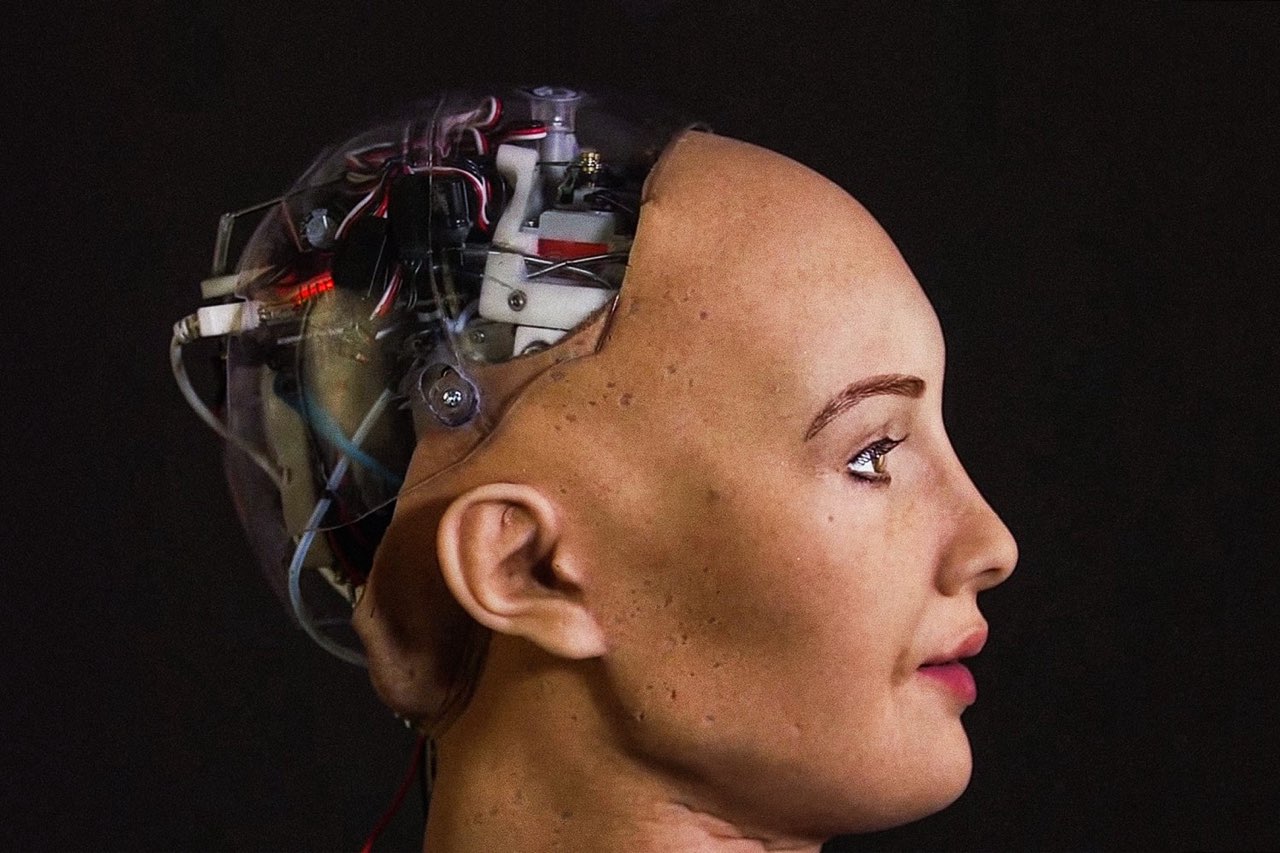Combining two hot tech trends in one product is bound to stir up interest, and the ICO of AI + blockchain startup SingularityNET was no exception. Its token, AGI, was sold at ten cents a piece in a token sale at the end of December. The company raised its goal of US$32,800 and the token is now trading at about US$0.40, according to CoinMarketCap.
In this post I review SingularityNET’s progress so far, and ask what could potentially derail its grand ambition to be a decentralized marketplace for AI algorithms.
SingularityNET is developing an “AI as a service” platform on an open, permissionless blockchain. The idea is that you will be able to purchase an AI service on SingularityNET and pay for it using AGI.
Likewise the platform is open to AI developers to post their algorithms or products. The white paper states that “anyone can add an AI/machine learning service to SingularityNET for use by the network, and receive network payment tokens in exchange.”
The initial implementation of SingularityNET will be built on Ethereum, so it will use Ethereum’s smart contracts functionality to run the marketplace. However, SingularityNET has already indicated that the Ethereum blockchain isn’t quite up to the task longer term. The company told Techcrunch’s Mike Butcher, “our prototype uses Ethereum, but this is too slow. So we want to be able to swap out the blockchain technology easily.”
The company plans to either build its own blockchain, or move to a different third party. But the decision is yet to be made. This seems like a potential stumbling block (pardon the pun), so we’ll have to keep an eye on how this develops.
Overall SingularityNET sounds very ambitious and, as is typical with ICOs, there’s no shortage of buzzwords and sweeping statements in its white paper (e.g. “Blockchain provides a powerful tool for managing transactions in a Singularity-era economy”). But I’ve already learned to disregard big words in blockchain white papers. What I want to know is who’s behind this and what their credentials are.
The CEO and Chief Scientist is Dr. Ben Goertzel. He’s already the Chief Scientist of two other companies: financial prediction firm Aidyia Holdings, and robotics firm Hanson Robotics. He has a Phd in Mathematics and has written a number of books about the Singularity and AI. In short, he’s clearly a very smart and qualified individual in AI. Here he is presenting SingularityNET last September:
Goertzel is joined by robotics expert Dr. David Hanson, CTO Cassio Pennachin, and other well qualified people. So there’s no question SingularityNET has the AI expertise to pull this off. But what about blockchain expertise?
In the white paper, Simone Giacomelli is listed as “Blockchain lead” and is said to have been a “leader of multiple successful blockchain projects” previously. His LinkedIn profile shows that he’s a young guy and doesn’t have a long list of experience, so it’s hard to tell. But blockchain technology is still new, so this isn’t much of a surprise. It’s kind of like the Web in the mid-1990s; you just have to learn by doing.
Overall, there’s so much technical talent in this company – mainly of the AI and robotics kind – that I’m inclined to give them the benefit of the doubt even with blockchain.
For the AI processing, SingularityNET will use the OpenCog platform. It’s an open source artificial intelligence framework led by Ben Goertzel and originally architected by Cassio Pennachin.
As for what kinds of AI services to expect on SingularityNET, it will seed a bunch of its own AI products first – including a Hanson Robotics humanoid robot named Sophia. But ultimately it hopes to attract many independent AI developers.
If it works, SingularityNET could provide an open source competitor to the centralized, proprietary AI services that big corporations like Google, Facebook, Apple and Amazon are building. That would be wonderful! The reason I’m so keen on blockchain is to find alternatives to the Digital Oligarchy (as I call the big four). So I’m rooting for SingularityNET to be successful.
The main challenge will likely be on the blockchain side. Already they’re unsatisfied with Ethereum, due to its scaling issues, so the big question is how they fix this. Building an entirely new blockchain stack will be a significant job, even for this over-qualified group of AI scientists. That makes me a little hesitant about SingularityNET’s prospects, but then again they have the talent to overcome this.
Let me know what you think of SingularityNET in the comments.


This is what I really love about crypto investing. It gives the opportunity for “common folk” like me to invest in a startup like this – could literally be like investing in Microsoft in 1978.
http://www.trade2win.com/boards/stocks/19153-microsoft-1978-would-you-have-invested.html
Needless to say I own a lot of this one!